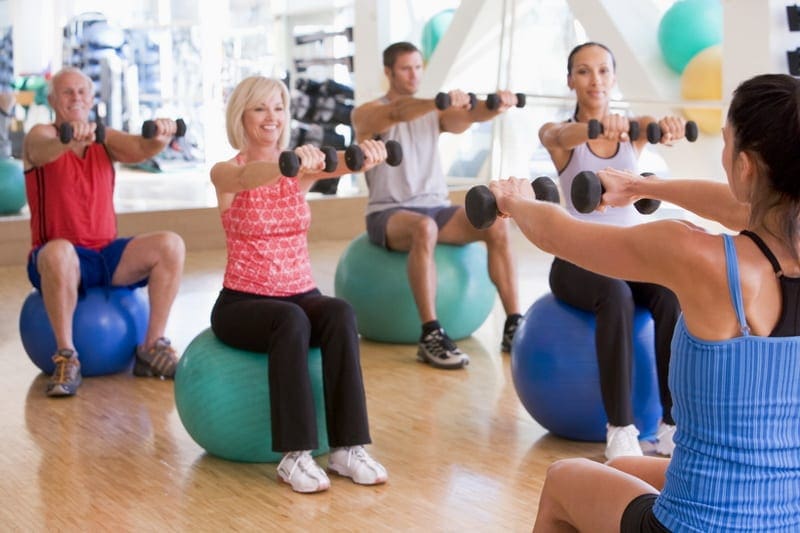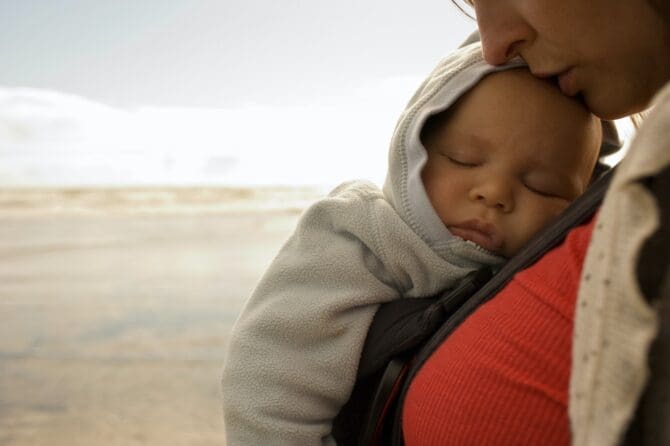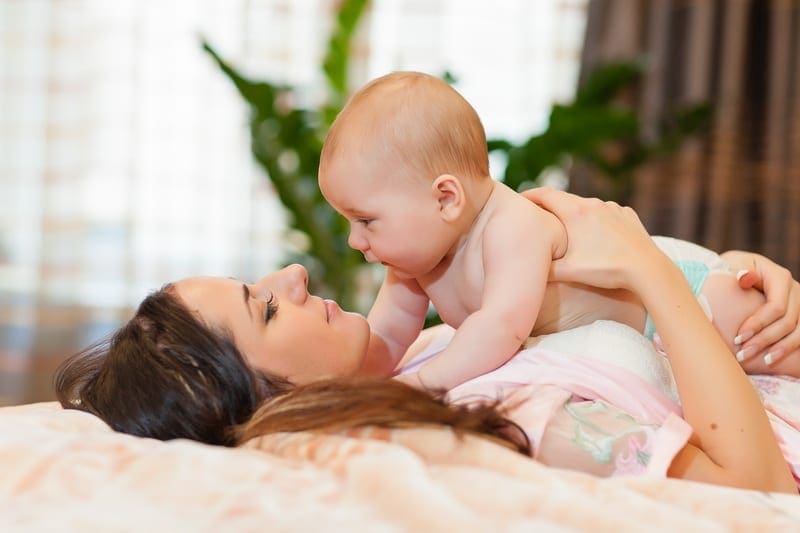Bringing a newborn home is one of the most exciting and overwhelming moments for new parents. It’s easy to get caught up in the endless lists of “must-have” items, shiny gadgets, and trendy baby gear. But the truth is, newborns don’t need as much as marketers would have you believe. In this guide, we’ll break down the true essentials every new parent needs—and help you avoid wasting money on items that will just collect dust.
🍼 The Absolute Must-Haves for a Newborn
Let’s start with the bare-bones essentials—the items your baby will truly need in the first few months of life.
1. Safe Sleep Space
Your baby will need a safe, flat sleeping area such as a crib, bassinet, or portable play yard with a firm mattress and fitted sheet. No pillows, bumpers, or stuffed animals—just a simple, safe space to sleep.
2. Diapers and Wipes
Whether you choose disposable or cloth diapers, make sure you’re stocked up with at least a few days’ worth. You’ll also need gentle, unscented baby wipes or a soft cloth and warm water for cleaning.
3. Feeding Supplies
- Breastfeeding: Nursing bras, breast pads, a nursing pillow, and lanolin cream can help make breastfeeding more comfortable.
- Formula feeding: You’ll need bottles, formula, a bottle brush, and a way to sterilize bottles (boiling water works fine).
- Burp cloths: Keep several on hand for spit-up cleanup.
4. Clothing (Keep it Simple!)
You don’t need a huge baby wardrobe. Stick to:
- 5–7 onesies or bodysuits
- 3–5 sleepers or footed pajamas
- A few hats, socks, and scratch mittens
- A couple of swaddles or receiving blankets
Choose soft, breathable cotton materials and skip anything with too many buttons or complicated snaps.
5. Bathing and Skincare
- A baby bathtub or support insert for the sink
- Mild baby soap and shampoo
- Soft washcloths and hooded towels
- Baby lotion for dry skin
You won’t need to bathe your baby every day—2–3 times a week is plenty for newborns.
6. Car Seat
This is non-negotiable if you plan on traveling by car. Make sure your car seat is properly installed—many hospitals won’t let you leave without it.
🚫 What You Don’t Really Need
Let’s clear up the clutter. Here are items you may want to skip or hold off on:
- Wipe warmers – Not essential, and babies don’t need them.
- Diaper genies – A regular lidded trash can works just fine.
- Fancy outfits – Your baby will mostly wear comfy basics; those frilly or formal outfits are cute but impractical.
- Shoes – Babies don’t walk yet—skip the shoes and stick to socks.
- Tons of toys – Newborns don’t need much stimulation early on; a few simple items (like black-and-white cards or a soft rattle) are more than enough.
👶 Tips for Smart Baby Shopping
- Think short-term: Babies grow fast—don’t overbuy newborn-sized clothing.
- Ask other parents: Borrow or accept hand-me-downs from trusted friends or family.
- Check safety standards: Always ensure gear (like cribs or car seats) meets current safety guidelines.
- Wait and see: Some babies dislike swings, bouncers, or certain bottles—buy after baby arrives when you know what works.
💬 Final Thoughts
Parenting a newborn is already a big job—don’t let stuff complicate it. Focus on the basics that ensure your baby is safe, fed, clothed, and loved. Everything else is extra. Start simple, and you can always add things later as you learn more about your baby’s unique needs.
❓ Frequently Asked Questions (FAQs)
1. How many newborn diapers should I have ready before baby arrives?
Aim for about 2–3 packs (around 80–100 diapers) to start. Newborns go through 8–12 diapers a day.
2. Do I need a changing table?
Not necessarily. A changing pad on a dresser or bed works just fine. What’s more important is having a safe, clean space with everything within reach.
3. What size clothes should I buy first?
Get a mix of newborn and 0–3 month sizes. Some babies skip newborn size altogether depending on birth weight.
4. Is a bassinet necessary, or can I use a crib right away?
You can use a crib from day one, but bassinets are convenient for keeping baby close during the night and are easier to move.
5. Do I need a baby monitor if my baby sleeps in the same room?
Not immediately. If your baby sleeps in your room, you’ll be close enough. Monitors are helpful later when baby naps in another room.
6. Should I buy a breast pump before the baby is born?
If you plan to pump, yes. Many insurance plans cover pumps—check beforehand and consider waiting to see what feeding method works best for you.
7. Are pacifiers safe for newborns?
Yes, pacifiers are generally safe and may even reduce the risk of SIDS. Some parents choose to wait a few weeks if breastfeeding to avoid nipple confusion.
8. How many bottles do I need if I’m formula feeding?
Start with 4–6 bottles, depending on how often you want to wash them. Try a couple of different nipple types in case baby prefers one over another.











